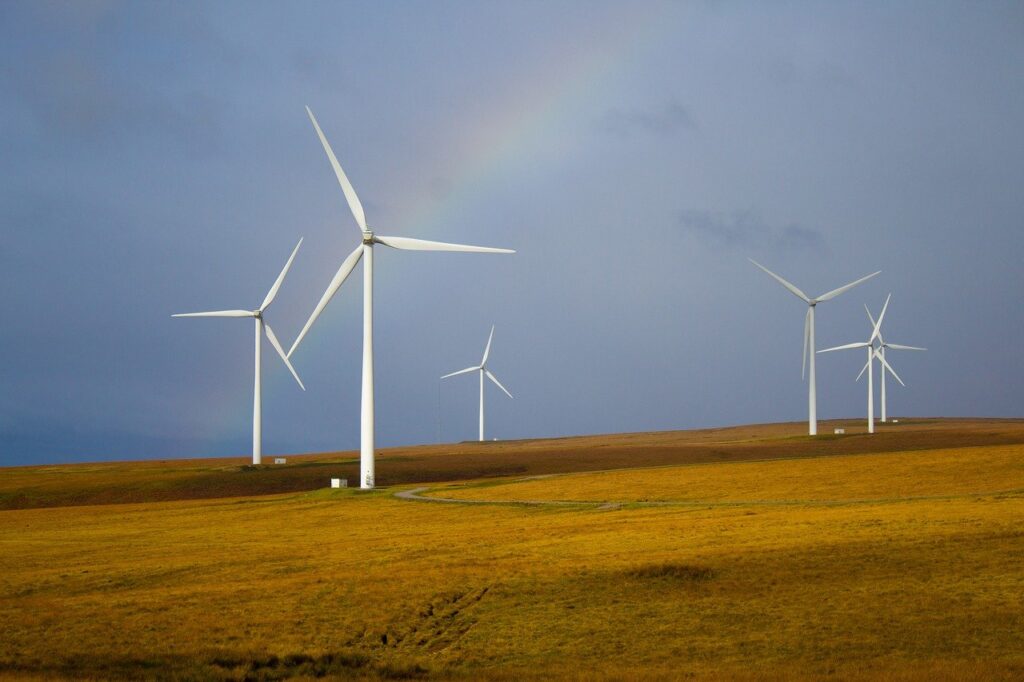It has been “bleedin’ obvious” that Ireland would need to bridge the electricity generating gap with gas-powered generation for the foreseeable future. When I was a member of the Oireachtas committee dealing with energy during the last Dáil, I repeatedly sought acceptance of that fact –and its implications – by departmental and state agency witnesses and by some of my fellow Oireachtas members who seemed to think that this obvious truth could be wished away.
Eamon Ryan was in the forefront of those on the committee who insisted that Ireland should by law prohibit any further off-shore gas exploration. With dwindling gas supplies from our existing discoveries, we are being forced into an ever-tightening grip of imported gas dependency by reason of Ryan’s short-sighted and irrational desire to throw shapes in environmental terms rather than face up to some of the short-term realities for a small country which has eschewed nuclear power. He was not alone.
He was joined by a spectrum of politicians from People-Before-Profit to, oddly, Fianna Fáil (the latter trying desperately to appear green). Ryan would not support me at the committee on the need to reconcile data centres with stated aims to control demand for electricity. Now this foolish ban on gas exploration is to be a permanent part of our law at the insistence of the Greens.
Now, too, Ryan has had to perform a really spectacular u-turn. He has proposed to Government that we should now build extra gas-fired generating stations to “supplement and act as back-up for wind energy”.
The penny has finally dropped that our energy requirements are going to grow rather than level out or diminish in the coming decades. Massive societal dependence on electric-powered transport and home heating always meant that unless we reverted to some the hobbit-like existence favoured by some fringe Greens we would need a hugely expanded system of electricity generation and transmission. Even hydrogen power will need massive electrical energy input.
Airily predicting that Ireland would somehow get by or muddle through with a mix of solar, wind and tidal power was always wrong-headed. The interconnector with France (so that we can have nuclear power at a deniable distance) will only supply a small fraction of our electricity needs.
All this puts into perspective Ryan’s stated refusal to rule out nuclear energy for Ireland. This country cannot rely only on energy renewables for the next thirty years if ever. We can build infrastructure that minimises use of non-renewables – and we should do so.
But we are badly in need of political candour from our Government. The present political fashion for fixing unachievable targets in the vague hope that they will ward off criticism when only partly achieved may make short-term electoral sense. But it is deeply destructive of democratic trust and cohesion in the medium term.
Just look at the forestry omnishambles. The Government’s plan is in tatters due to a perplexing combination of political exaggeration and total administrative incompetence.
And look too at the much-trumpeted Government plans to spend vast billions of exchequer resources retrofitting private homes. Precisely why does that make sense? If the aim was to reduce demand for electricity, why not leave that to private home owners?
In an economy where the building and construction industry has been put under massive supply-side pressures, can we achieve a huge spurt in home building for a greatly expanding population and at the same time divert through subsidies tens of thousands of construction workers into improving the BER certification of our existing housing stock? Does this make any sense at all? Is it just more pie-in-sky politics – just more riff’n’spliff stuff to fill the airwaves?
In truth, the Irish economy is remarkably robust and healthy. Our underlying economic statistics are good. Growth – no matter how repugnant that term is to some Green ears – is strong. The home-building crisis is manageable. So are other issues, including Covid.
The need for investment in public infrastructure – including public road-building – is still there. Managing that investment is key to maximising our collective capacity to generate the resources for public expenditure programmes in the areas of health, education and social and affordable housing.
One of the greatest dangers that we face is that of misconceived ideology such as ending road construction because it is insufficiently “public” in terms of transport policy, or that state money must be ploughed into retrofitting our homes, or that huge planning constraints and obstacles should be put in the way of afforestation.
A last point. Just because the traditional media are in parlous economic health with declining broadcast advertising revenues and print circulations need not mean that a prevailing pessimism and dissatisfaction to be found in those media must shape our political outlooks and ambitions.
Carbon budgets and other ideological constraints must accommodate realities. Let’s ground theory in practice.

